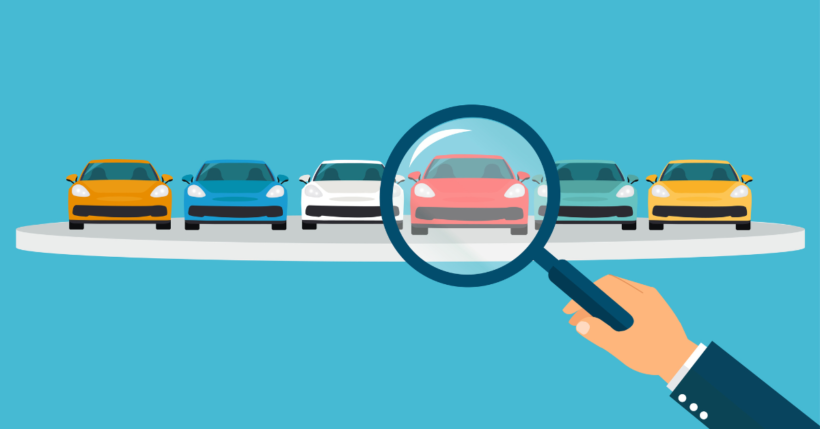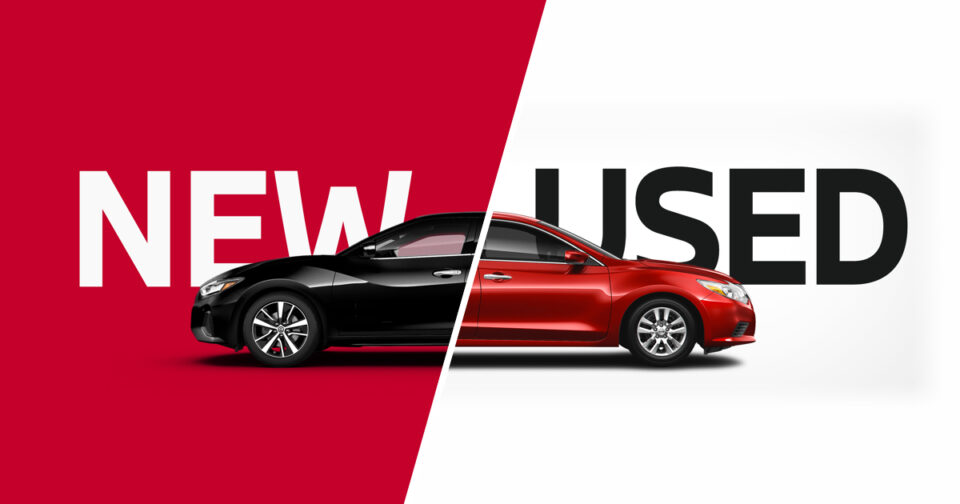Are you trying to decide whether or not to buy a new or used car? If so, you face the age-old dilemma that has divided consumers for generations. On the one hand, buying a new car can come with peace of mind, knowing that it is newer and covered by a warranty. On the other hand, buying a used car can save considerable costs while providing reliable transportation. This blog post will explore some clear advantages (and disadvantages) associated with both paths – arming you with ample information as you decide!
The Pros of Buying a New Car: Cutting-Edge Features and Peace of Mind with Manufacturer Warranty

For many car buyers, purchasing a new car is an exciting and rewarding experience. One of the biggest benefits of buying a new car is the access to cutting-edge features and technology. From advanced infotainment systems to state-of-the-art safety features, new cars are equipped with the latest and greatest advancements in automotive technology. In addition, new car buyers can enjoy the peace of mind that comes with a manufacturer warranty, ensuring that any unexpected repairs will be covered.
Of course, customization and personalization options also benefit buyers, allowing them to tailor their new car to their unique preferences and needs. These factors make buying a new car a smart and satisfying choice for many consumers.
The Cons of Buying a New Car: Higher Initial Cost and Potential Financing Challenges

When purchasing a new car, a few cons are important to keep in mind. First and foremost, a new car can come with a much higher initial cost and the added challenge of depreciation. While the shiny exterior and cutting-edge technology may be tempting, it is important to consider the long-term financial investment. Furthermore, financing a new car can also present challenges, as lenders may require higher credit scores or larger down payments. Finally, it is worth noting that buying a new car can come with limited selection and availability, especially if you are looking for a specific make or model. These factors should be considered before deciding on a new car purchase.
The Pros of Buying a Used Car: Lower Purchase Price and Wider Range of Models
One distinct advantage of buying a used car is the lower purchase price and depreciation. While new cars may seem enticing, the reality is that they lose a significant portion of their value the moment they leave the dealership.
Additionally, used cars offer a wider range of choices and models to choose from. Whether you prefer a classic car or a trendy model from a few years back, shopping for a used car allows you to explore options beyond those currently available. Finally, there is the potential for lower insurance costs. Used cars tend to have lower car insurance rates, which can impact your overall money-saving goals. Check out the many cars for sale on the market today and consider the pros of buying used before making your final decision.
The Cons of Buying a Used Car: Uncertainty about Vehicle History and Limited Warranty Coverage

When it comes to buying a used car, there are some major downsides you need to consider. For one thing, you can never be completely sure about the history and condition of the car. That means you could end up with a vehicle that has suffered major damage or is poorly maintained and needs costly repairs. Speaking of which, used cars are always at higher risk for wear and tear, which means you could face hefty maintenance bills.
And if you are hoping to rely on a warranty to save you from some of those costs, be prepared for disappointment. Used cars often come with limited or no warranty coverage, leaving you on the hook for any issues that crop up. So, before you hop behind a used car’s wheel, ensure you are ready to take on the potential risks.
Factors to Consider in Your Decision:
Ultimately, whether you buy a new or used car depends on your situation’s specific needs and wants. Before spending money on either option, it is important to consider budget and affordability seriously. Are you willing and able to pay more for a new car, or do you prefer the savings associated with buying used?
Beyond that, it is important to consider the features and options you desire. Do you need something that has top-notch safety features or a cutting-edge infotainment system? Or are those amenities not worth the extra cost?
Finally, consider what kind of longevity and resale value you want from your car. Buying a new car may provide peace of mind in the short term, but it may not be the most cost-effective choice for a car that will stay on the road for many years. On the other hand, buying a used car could save you money upfront and provide reliable service for years to come – as long as you do your research beforehand.
Conclusion: Making the Right Choice for Your Needs
At the end of the day, deciding between buying a new or used car is an important decision that should not be taken lightly. By exploring some of the pros and cons of each option, you can make an educated choice about which path is right for you. Consider your budget, desired features, and longevity needs – these factors will help you determine if a new or used car is right for you. With the right research and preparation, you will be driving your dream car in no time!
No matter which route you take, make sure to take the proper safety precautions when shopping for a new or used car. Have a mechanic inspect any vehicle before purchase and always read up on all the features and specs of each make and model. With the right preparation, you can find the perfect car that meets your needs!
Happy car shopping!

